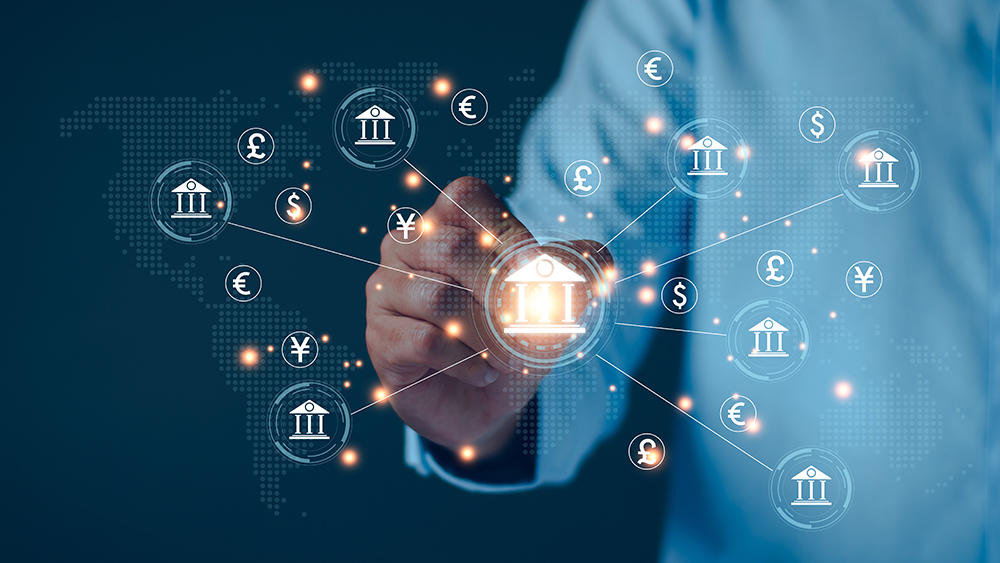
The G20 is composed of the European Union and 19 other influential nations. Together, they represent a substantial portion of the global economy, international trade and the world's population. It endorsed the exploration of DPI in a document titled "Policy Recommendations for Advancing Financial Inclusion and Productivity Gains through DPI."
DPI is comprised of several components – including digital identification, digital payments and data exchange. The document highlighted that digital identification systems could enhance financial inclusion, especially in low- and middle-income countries where inadequate documentation often acts as a barrier to accessing financial services.
In a statement released on Sept. 10, G20 leaders expressed their support for the rapid implementation of the Crypto-Asset Reporting Framework & Amendments to the Common Reporting Standard. The framework and amendments, drafted by the Organization for Economic Co-operation and Development, deals with the taxation and reporting of crypto-assets. The statement also endorsed discussions on the potential macro-financial consequences associated with the introduction and adoption of central bank digital currencies (CBDCs).
While the discussions at the G20 Summit held at India's capital New Delhi did not involve the banning of cryptocurrencies, various officials expressed their enthusiasm for a more digitally oriented future.
Indian Finance Minister Nirmala Sitharaman emphasized the need for a regulatory framework for crypto assets. European Commission President Ursula von der Leyen, meanwhile, discussed the success of the Wuhan coronavirus (COVID-19) digital certificate and its potential to serve as a model for a broader digital ID system.
Freedom-loving Americans aren't fans of DPI
The transition to DPI won't be easy in the U.S., given that concerns about personal freedom and privacy have been raised. Critics argue that such systems could enable easier tracking of individuals, invasion of privacy and restrictions on economic choices. Some also fear the potential for these systems to link financial transactions to government standards, posing threats to personal liberties.
One such example of a contentious topic among Americans is the adoption of CBDCs. Other countries have reevaluated the idea, if not abandoning it entirely. Not so in the U.S., with the Biden administration exploring the feasibility of a digital dollar.
But a survey by the libertarian think tank Cato Institute found that only 16 percent of Americans favor adopting CBDCs. It also found that 34 percent oppose digital dollars. (Related: Poll: Americans don’t want a central bank digital currency.)
Some Republican candidates for the 2024 presidential elections have also expressed opposition to CBDCs. Florida Gov. Ron DeSantis previously signed legislation in the Sunshine State prohibiting the use of a federal CBDC there. According to him, such digital currencies pose a significant threat to American liberty.
Entrepreneur Vivek Ramaswamy also echoed his rival's sentiments with his criticism of CBDCs. The founder of healthcare company Roivant Sciences compared digital currencies to those used in China's surveillance state. Ramaswamy suggested that CBDCs are not a suitable path for the United States.
The Independent Community Bankers Association also expressed its opposition to CBDCs. The trade union representing about 5,000 small- and medium-sized financial institutions cited significant privacy and cybersecurity risks as to why they do not agree with digital currencies. Ultimately, the implications of these digital developments on individual freedoms and economic systems continue to be a topic of significant debate and concern.
Visit Glitch.news for more stories about DPI and its dangers.
Watch Indian Finance Minister Nirmala Sitharaman announcing the G20's DPI plan at the G20 Summit in New Delhi below.
This video is from The Prisoner channel on Brighteon.com.
More related stories:
Texas legislation would create new digital currency backed by gold.
U.S. government says it owns everyone’s THOUGHTS, calling it “cognitive infrastructure.”
Sources include:
Please contact us for more information.

















